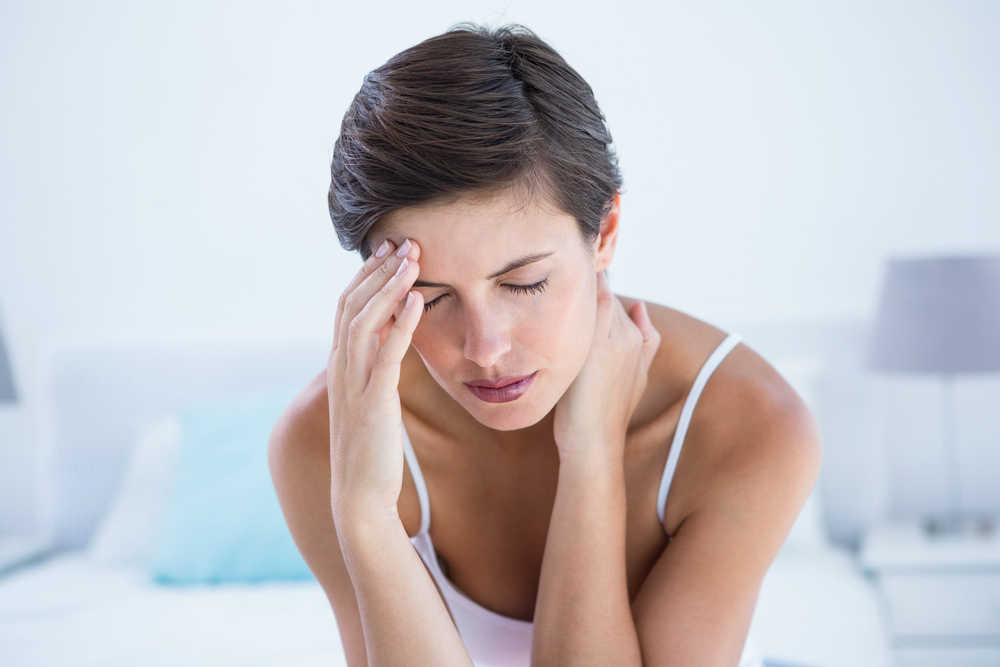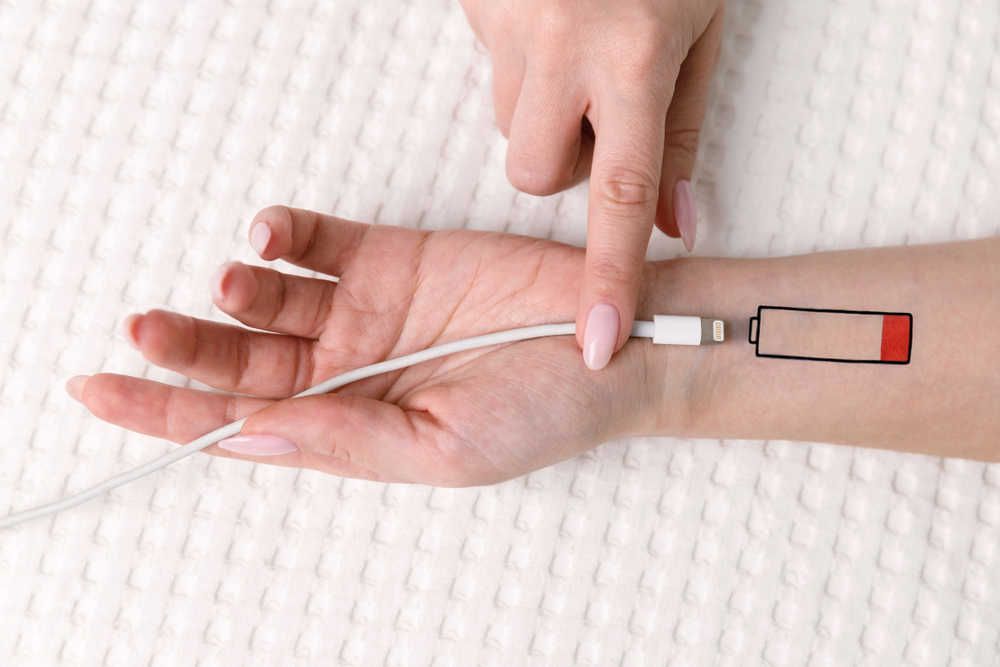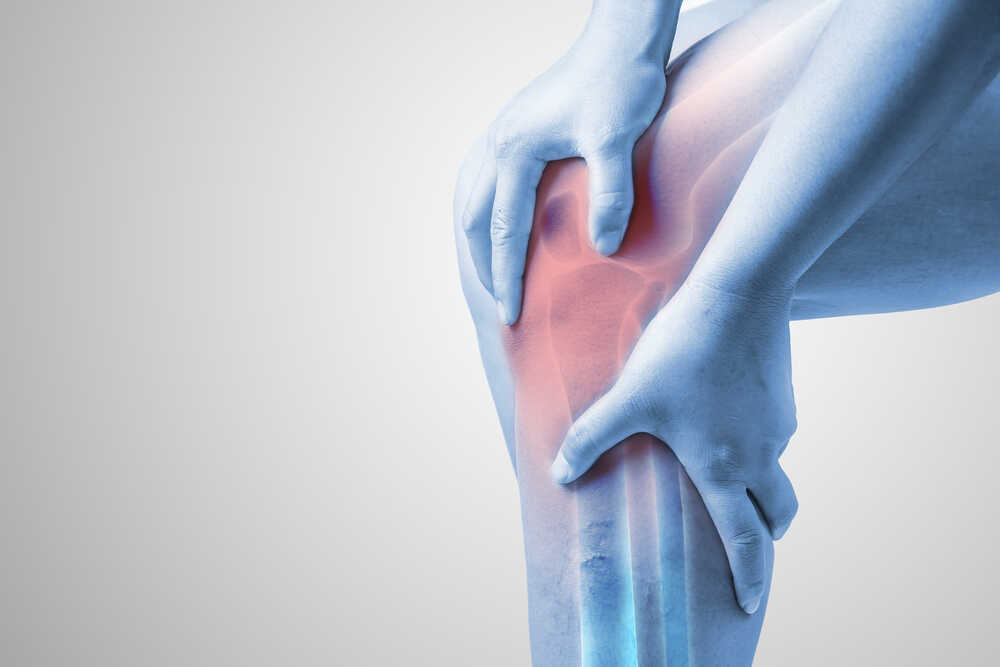Endometriosis
Endometriosis occurs when tissue that is similar to the lining in the uterus, the endometrium, starts growing elsewhere on the body. This usually happens within the pelvic cavity. These patches of tissue then react in the same manner as they do inside the uterus during menstruation. Since the tissue cannot be shed or exited through the vagina it can cause inflammation, abnormal growths and scar tissue.
Due to its similarity to other conditions, endometriosis can be misdiagnosed.
* Chronic pelvic pain
* Pain during sexual activity
* Periods of pain, discomfort, or worsening
* Abdominal bloating or cramping
* Difficulty getting pregnant
* Fatigue
* Depression
Women with endometriosis are often unable to get pregnant. Around 40% of women with infertility also have endometriosis.
Polycystic Ovary Syndrome
PCOS is a hormonal disorder affecting 10-20% women. The condition is marked by the presence of cysts on the ovaries. This can lead to irregular menstrual periods, hormonal imbalances and infertility.
PCOS symptoms can be similar to those of other hormonal disorders.
* Hair growth excessive on the chest, back, and body
* Hair loss
* Acne
* Weight gain
* Irregular periods
* Infertility
* Anxiety and depression
PCOS, if left untreated, can cause diabetes, high blood cholesterol and high pressure.
Dysmenorrhea
Dysmenorrhea, the medical term for painful menstrual periods. It can be a condition that occurs on its own without any known causes (primary Dysmenorrhea). Other times, it can be a sign of a condition like endometriosis and pelvic inflammation (secondary dysmenorrhea ).).
Dysmenorrhea symptoms can vary depending on the individual, but they usually include:
* Extreme cramping and pain in the lower abdomen when menstruating
* Body aches
* Nausea
* Vomiting
* Diarrhea
Dysmenorrhea, although not a life-threatening illness, can be stressful, unpleasant, disruptive and in some cases even debilitating. Many medications can be prescribed to help manage symptoms and make periods easier.
There are many factors that can influence painful periods.
* Obesity
* Smoking
* Alcohol
* Stress
* Tilted uterus
* IUD birth control
* Endometriosis
* STI’s
* Ovarian cysts
It is important that you speak to your healthcare provider if you are experiencing any sexual or reproductive health problems. You can find the relief that you deserve with the right diagnosis.












